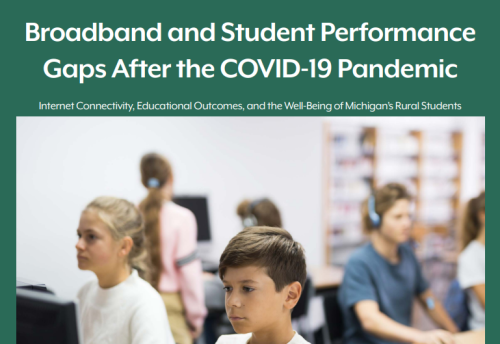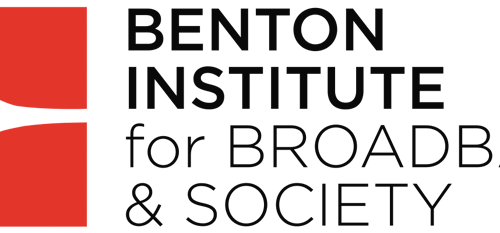Annie Waldherr presented a joint Media & Information and Quello Center seminar entitled “Discussing food safety in online issue networks: Empirical results and methodological prospects.” Her talk highlighted that civil society actors concerned about food safety issues—GMOs, pesticide residues, and antibiotic-resistant superbugs—build coalitions that can eventually result in movement networks. These connections can be empirically observed in online issue networks—sets of interlinked websites treating a common issue.
To assess mobilization potentials of actor coalitions Annie and her colleagues study the extent to which actors link to each other and to which actors talk about the same topics. They combine hyperlink network analysis with probabilistic topic modeling to gain empirical insights on both, the structural as well as the content dimension of the issue networks. Preliminary results for the US indicate a densely connected issue network spanning from central challenger actors to websites of mass media and political actors. A high number of issues expand through major parts of the network, such as contaminated food and regulation, genetically modified food, organic farming and sustainable agriculture. A fewer number of issues such as use of antibiotics or pollution of drinking water remain restricted to specific parts of the network.
Dr. Annie Waldherr is a Researcher in the Division of Communication Theory and Media Effects, Institute for Media and Communication Studies at Freie Universität Berlin. Annie has used agent-based modeling (ABM) and network analysis to study computer-mediated communications processes. Her recent work using ABM was published in the Journal of Communication.



